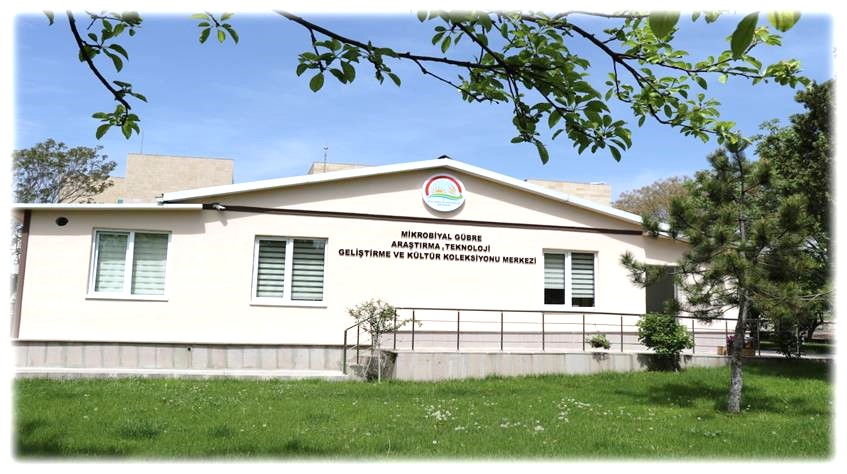
The Soil Microbiology Laboratory, established in 1962 at the institute, has expanded its scope in 2017 to become the "Microbial Fertilizer R&D and Culture Collection Center" in order to conduct research and development activities in parallel with evolving technology in the fields of soil microbiology and microbial fertilizers, to store microorganisms obtained from R&D studies under appropriate conditions, and to ensure that production and quality control stages of microbial fertilizer products produced by the institute are carried out under suitable conditions.
Within the center, there is a laboratory where routine analyses are performed, sterile room units for R&D project activities, incubation, microscopic and molecular diagnostic units, sterilization unit, gene bank unit for preserving strains obtained from studies, and microbial fertilizer production unit.
Using the infrastructure of the center, studies are conducted on various bacterial families capable of diagnosing, isolating, and propagating Mycorrhizal fungi, which are effective in the uptake of phosphorus and various micro-plant nutrients, as well as on bacteria capable of fixing nitrogen asymbiotically and converting insoluble phosphorus and potassium in our soils into forms usable by plants. The aim is to obtain microbial fertilizers with high adaptability to the soils of our country.
For this purpose, local microorganisms from the rhizospheres of various plants in our country are first isolated, which have properties encouraging plant growth, and these species are identified using various techniques. The identified microorganisms are initially tested in laboratory (in vitro) conditions to determine their properties that encourage plant growth (such as nitrogen fixation, phosphorus and potassium solubilization abilities, etc.) through various methods. Subsequently, evaluations of their potential use as microbial fertilizers are conducted through greenhouse and/or field trials.
Additionally, molecular-level identification studies of microorganisms obtained from projects and formulation studies to facilitate the use of microbial fertilizers are ongoing.
THE MICROBIAL CULTURES GENE BANK
Established within the SFWRCR Institute in 2017, the Microbial Fertilizer Research Technology Development and Culture Collection Center aims to preserve local microorganisms isolated from national soils, which have the potential for use in microbial fertilizer production. These microorganisms are stored and their effectiveness is periodically monitored at specific intervals.
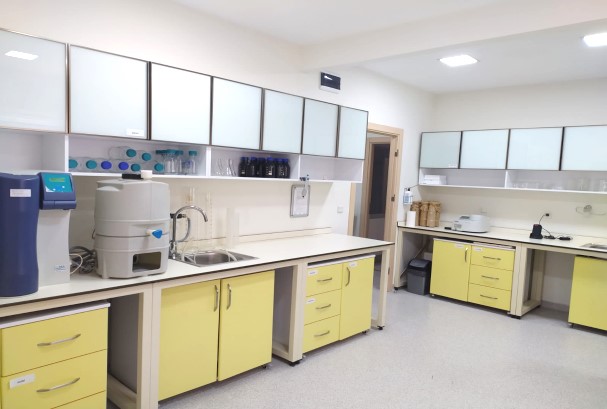
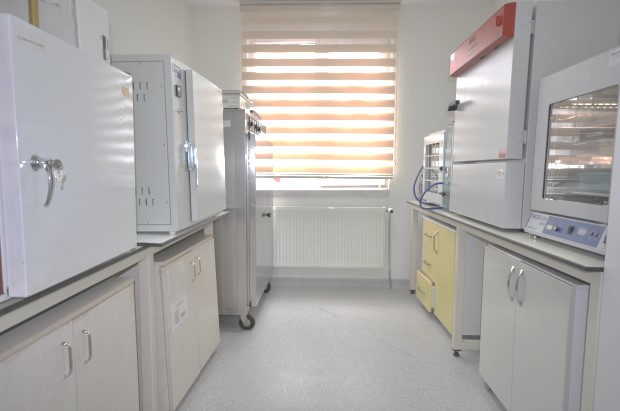
Microbial Fertilizer Production UnitOur institute has registered and produced microbial fertilizers named AZOTEK-1, AZOTEK-2, AZOTEK-3, and AZOTEK FASULYE, which contain Rhizobium bacteria that form nodules in the roots of leguminous plants, fixing atmospheric nitrogen naturally to meet the plant's nitrogen fertilizer needs, thus saving on nitrogen fertilizer usage and preventing pollution that chemical fertilizers may cause. These microbial fertilizers are made available for farmers to use.
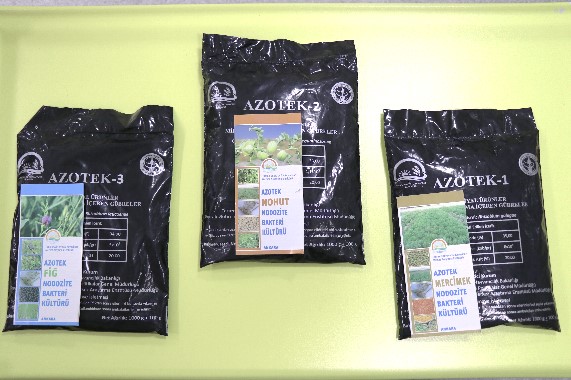
Soil and Fertilizer Microbiology Laboratory
In our laboratory, analyses are conducted for microbial fertilizers in accordance with regulations, including total bacterial count, sporulation/propagule count in mycorrhizal fertilizers, and determination of Rhizobium count. Our laboratory has been accredited by TÜRKAK with accreditation number AB-0299-T (TS 4109) on October 9, 2014, in accordance with TS EN ISO/IEC 17025 Standard.
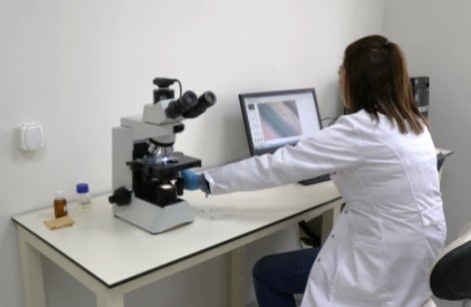
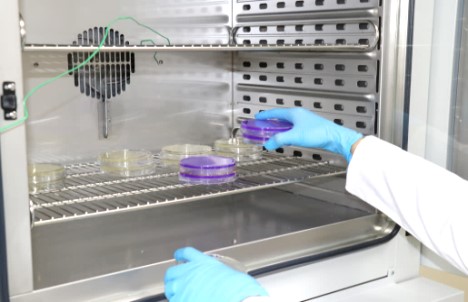
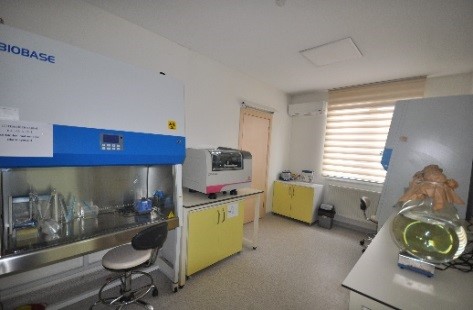
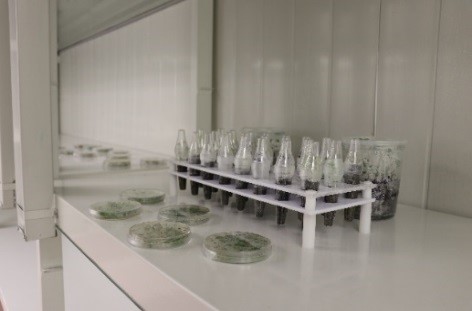
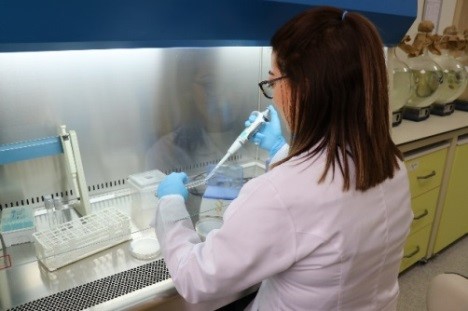
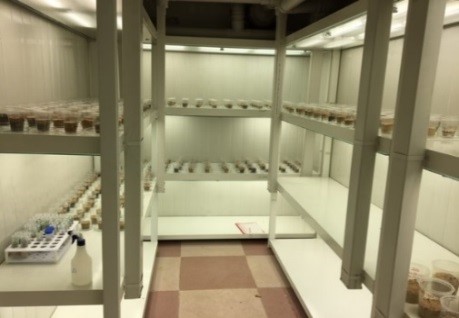
Please click for the Microbial Fertilizer Registration and License Certificate
Microbial Fertilizer and Its Use